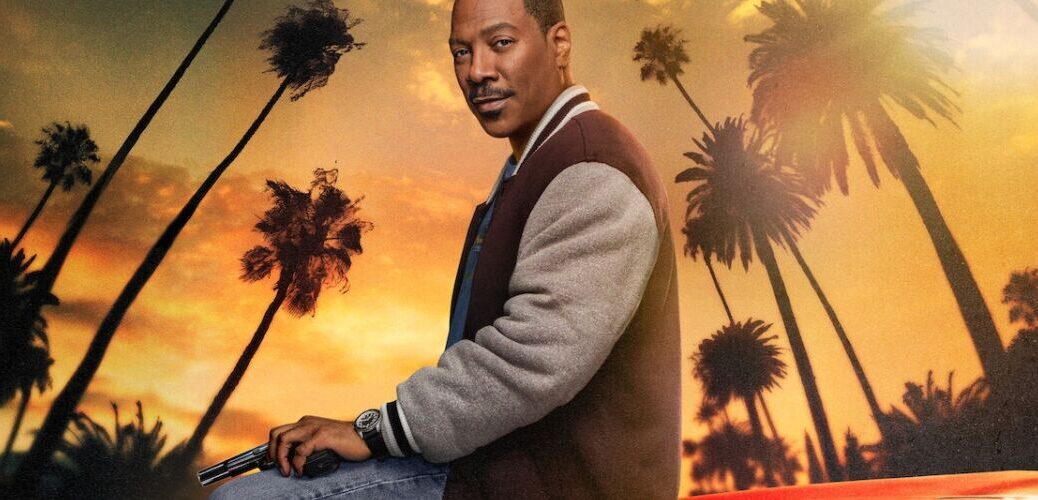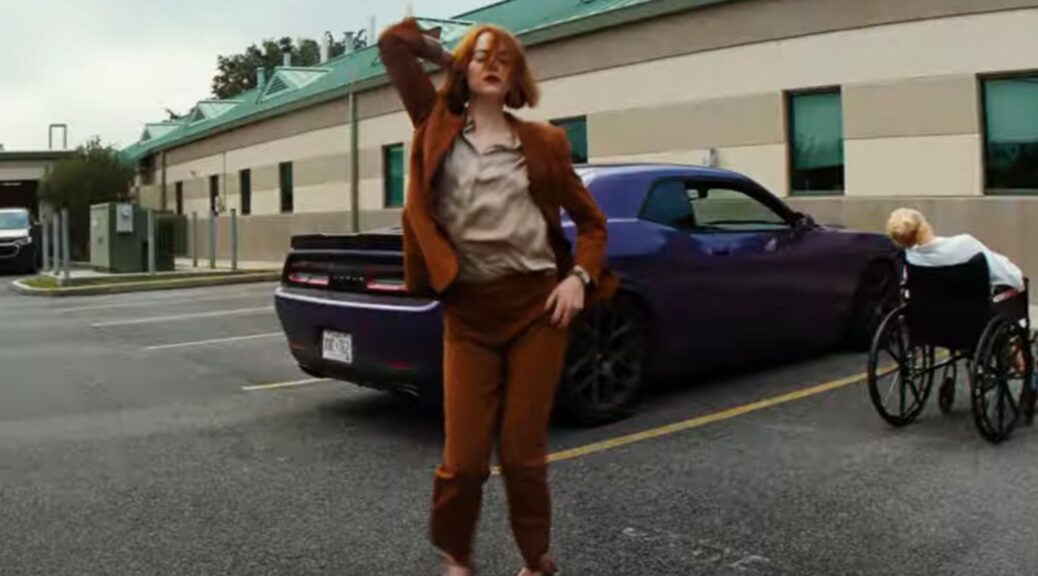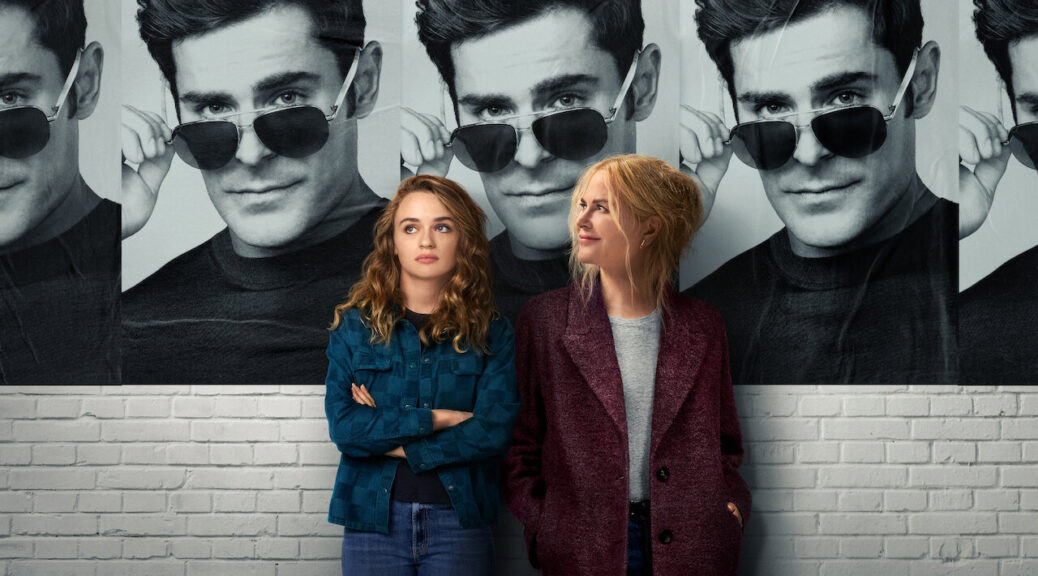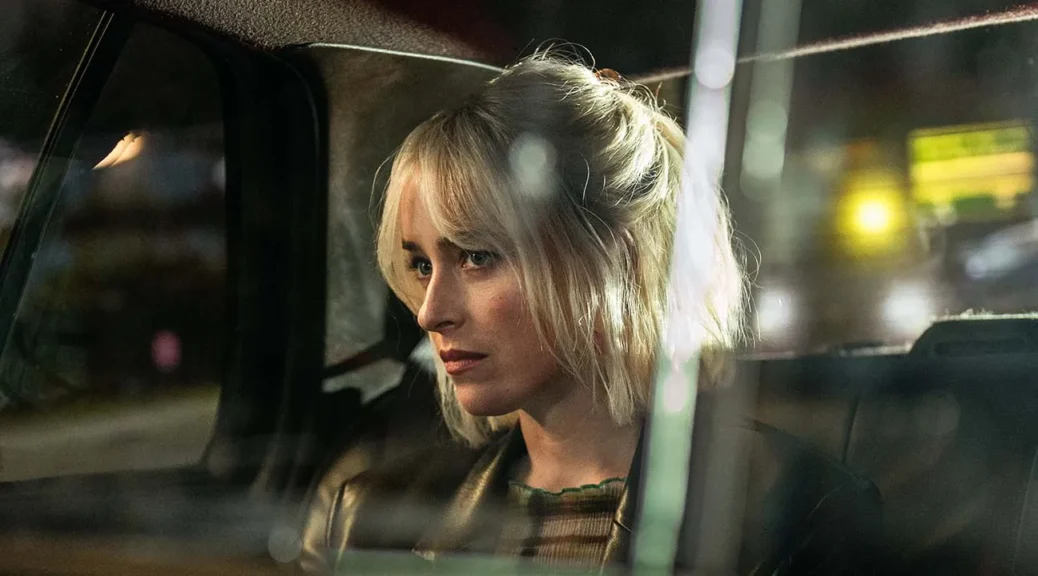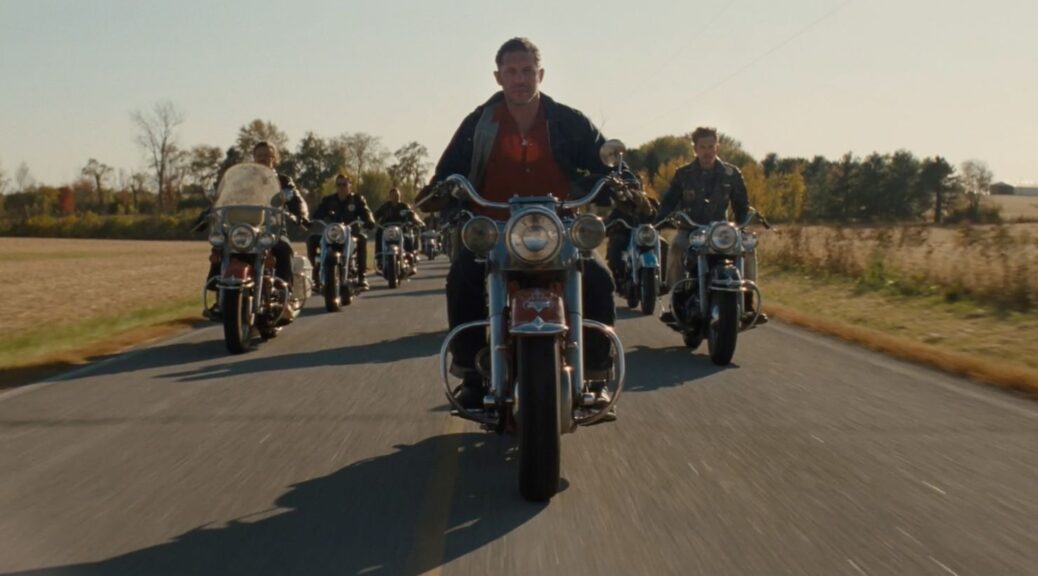My Spy The Eternal City
by George Wolf
I said it four years ago and I still stand by it: My Spy is “the best huge-former-wrestler-stars-with-little-kid movie I have ever seen.”
Amazon Prime brings almost all the gang back for a trip abroad in The Eternal City, a sequel that unfortunately forgets to pack much of what made the original so charming.
CIA agent JJ (Dave Bautista) is still with Kate (now played by Lara Babalola), but she’s conveniently out of the country, which means JJ is guardian for Sophie (Chloe Coleman) just as she’s getting that teenage itch to test boundaries.
Happily domestic, JJ is still resisting offers from his boss David (Ken Jeong) and partner Bobbi (Kristen Schaal) to quit desk duty and return to the field. But like it or not, JJ is about to be forced back into action.
Chloe’s school choir has earned a trip to Italy, and JJ comes along as a chaperone under the demanding eye of Vice Principal Nancy (Anna Faris). David’s son Collin (Taeho K) is also part of the choir group, until he’s kidnapped by some evildoers so his dad will cough up the info needed to activate all those suitcase nukes hidden by the KGB.
And how do the bad guys know where all those suitcases are? Duh, they stole the thumb drive. It’s always the thumb drive!
Director Peter Segal again teams with co-writers Erich Hoeber and Jon Hoeber, but this time they seem much more interested in joining a genre they were winking at in part one.
My Spy would have used all this evil plan exposition for more charmingly self-aware humor. The Eternal City has lost much of that awareness, instead vying to launch some sort of hybrid stepdad/daughter action franchise that can also throw out teen hijinks and adult wisecracks.
Juggling is not in this CIA handbook. As likable as this ensemble is, only a few of the gags actually land, the running time starts to swell and the film spreads its tone so thin that no one gets out of The Eternal City feeling like they had a good time.
Especially those of us so pleasantly surprised with the first outing.







